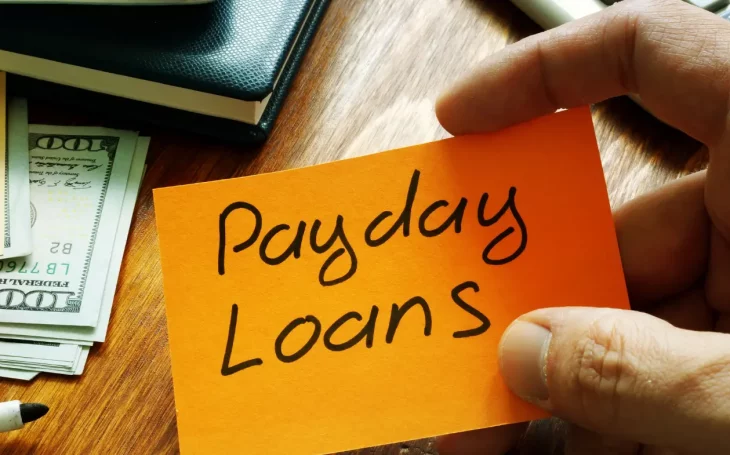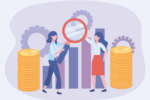
Looking At the Real Costs Behind Payday Loans
Why Payday Loans Seem Attractive
When cash is tight and bills are due, payday loans can look like a quick fix. They’re easy to get, often require little paperwork, and promise fast access to money. For someone facing an emergency or struggling to make ends meet, that kind of convenience feels like a lifeline. But beneath the surface, payday loans carry some of the highest borrowing costs of any financial product. Just like how the best debt relief companies help people navigate overwhelming debt, understanding the true costs of payday loans can protect you from falling into a deeper financial hole.
The Hidden Costs of Borrowing
At first glance, a payday loan may not look that expensive. For example, you might see a fee of $15 or $20 per $100 borrowed. That might not sound too bad if you’re only taking out a small loan. But when you convert that fee into an annual percentage rate (APR), it often adds up to 300 percent or more. That’s far beyond what you’d pay with a credit card or personal loan. These high rates make payday loans one of the most expensive ways to borrow money.
The Trap of Rollovers
One of the biggest dangers of payday loans is the rollover cycle. If you can’t pay the loan back on time, lenders often allow you to roll it over into a new loan, but with new fees attached. This quickly turns a small debt into a much larger one. What started as borrowing a few hundred dollars to cover a shortfall can snowball into a cycle of repeated borrowing, with fees stacking higher each time. Many borrowers find themselves paying more in fees than they ever borrowed in the first place.
Short Term Relief, Long Term Burden
Payday loans are marketed as short term solutions, but they often create long term problems. Instead of solving financial struggles, they can worsen them by draining more money from already tight budgets. Borrowers who rely on payday loans may find themselves stuck in a cycle of borrowing to cover everyday expenses, leaving little chance of breaking free. This burden creates stress and makes it even harder to get ahead financially.
Alternatives to Payday Loans
Before considering a payday loan, it’s worth exploring safer alternatives. Credit unions, for example, often offer small dollar loans with far lower interest rates. Some employers provide paycheck advances at no cost, while local nonprofits may have emergency assistance programs. Even negotiating with utility companies or creditors for more time to pay can be a better option than taking on payday loan debt. While these alternatives might take a little more effort, they don’t carry the same financial risks.
Building Better Financial Habits
Avoiding payday loans isn’t just about saying no in the moment—it’s also about building habits that make emergencies less overwhelming. Creating a small emergency fund, even if it’s just a few hundred dollars, provides a safety net that keeps you from needing short term loans. Budgeting regularly, cutting unnecessary expenses, and exploring debt consolidation options can also help stabilize your finances over time. These steps may take discipline, but they save you from the stress and cost of payday loan debt.
The Emotional Side of Payday Loans
It’s important to recognize that payday loans don’t just impact your wallet—they affect your mental and emotional well being too. Constantly worrying about due dates, rollovers, and mounting fees creates anxiety and stress. The feeling of being trapped in a cycle of debt can take a toll on your confidence and decision making. Understanding this emotional weight highlights just how important it is to avoid payday loans whenever possible.
Final Thoughts
Payday loans promise quick solutions but often come with hidden costs that make them one of the riskiest forms of borrowing. Between sky high fees, rollover charges, and the stress of mounting debt, what seems like short term relief can easily turn into long term damage. By reviewing the real costs, seeking alternatives, and building healthier financial habits, you can protect yourself from falling into the payday loan trap. True financial stability comes from making choices that support your long term well being, not just solving today’s problems at tomorrow’s expense.
Popular Categories





